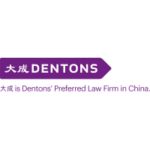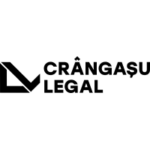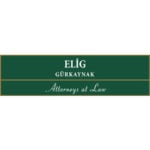-
Overview
-
Is notification compulsory or voluntary?
-
Is there a prohibition on completion or closing prior to clearance by the relevant authority? Are there possibilities for derogation or carve out?
-
What types of transaction are notifiable or reviewable and what is the test for control?
-
In which circumstances is an acquisition of a minority interest notifiable or reviewable?
-
What are the jurisdictional thresholds (turnover, assets, market share and/or local presence)? Are there different thresholds that apply to particular sectors?
-
How are turnover, assets and/or market shares valued or determined for the purposes of jurisdictional thresholds?
-
Is there a particular exchange rate required to be used for to convert turnover thresholds and asset values?
-
In which circumstances are joint ventures notifiable or reviewable (both new joint ventures and acquisitions of joint control over an existing business)?
-
Are there any circumstances in which different stages of the same, overall transaction are separately notifiable or reviewable?
-
How do the thresholds apply to “foreign-to-foreign” mergers and transactions involving a target / joint venture with no nexus to the jurisdiction?
-
For voluntary filing regimes (only), are there any factors not related to competition that might influence the decision as to whether or not notify?
-
What is the substantive test applied by the relevant authority to assess whether or not to clear the merger, or to clear it subject to remedies?
-
Are factors unrelated to competition relevant?
-
Are ancillary restraints covered by the authority’s clearance decision?
-
For mandatory filing regimes, is there a statutory deadline for notification of the transaction?
-
What is the earliest time or stage in the transaction at which a notification can be made?
-
Is it usual practice to engage in pre-notification discussions with the authority? If so, how long do these typically take?
-
What is the basic timetable for the authority’s review?
-
Under what circumstances may the basic timetable be extended, reset or frozen?
-
Are there any circumstances in which the review timetable can be shortened?
-
Which party is responsible for submitting the filing?
-
What information is required in the filing form?
-
Which supporting documents, if any, must be filed with the authority?
-
Is there a filing fee?
-
Is there a public announcement that a notification has been filed?
-
Does the authority seek or invite the views of third parties?
-
What information may be published by the authority or made available to third parties?
-
Does the authority cooperate with antitrust authorities in other jurisdictions?
-
What kind of remedies are acceptable to the authority?
-
What procedure applies in the event that remedies are required in order to secure clearance?
-
What are the penalties for failure to notify, late notification and breaches of a prohibition on closing?
-
What are the penalties for incomplete or misleading information in the notification or in response to the authority’s questions?
-
Can the authority’s decision be appealed to a court?
-
What are the recent trends in the approach of the relevant authority to enforcement, procedure and substantive assessment?
-
Are there any future developments or planned reforms of the merger control regime in your jurisdiction?
Taiwan: Merger Control
This country-specific Q&A provides an overview of Merger Control laws and regulations applicable in Taiwan.





















